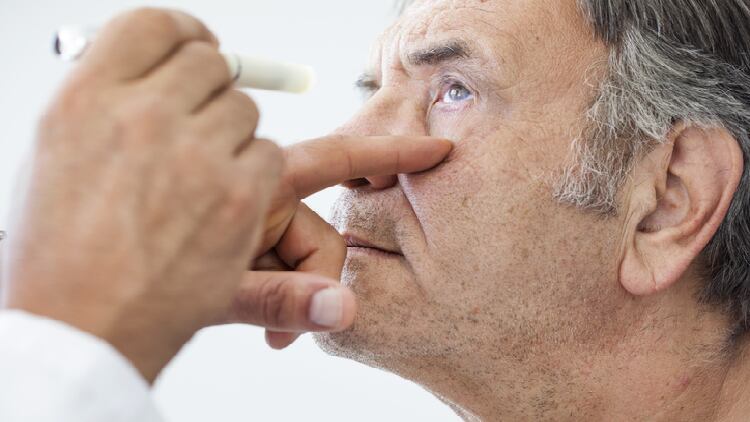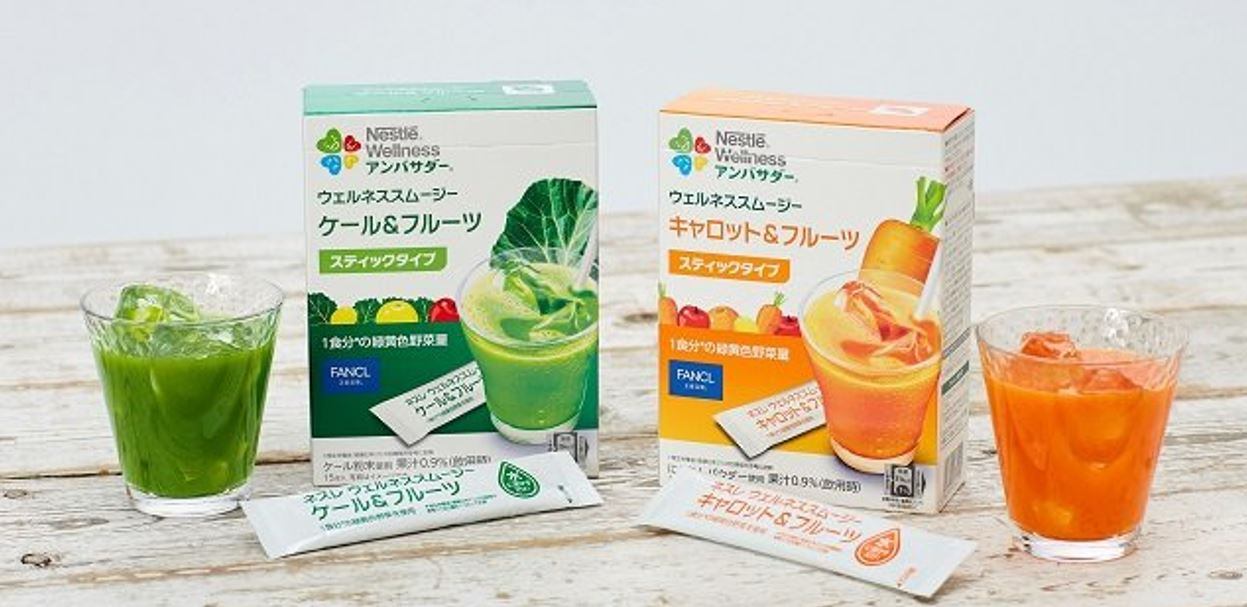Research funded by Auckland Medical Research Foundation found that except in populations that are vitamin C deficient, supplementation of vitamin C is unlikely to prevent cataracts.
In fact, high dose vitamin C supplementation was shown to increase the risk of developing cataract in a few studies.
Findings of the review were recently published in the journal Nutrients.
In this particular study, the researchers reviewed evidence from past human clinical trials and found that vitamin C supplementation could be useful in population with low baseline levels of vitamin C.
The India Study of Age-related Eye Disease (INDEYE) published in 2011 is one such example.
It examined the association between vitamin C and age-related cataract in the Indian population and found that high plasma vitamin C and dietary vitamin C levels were linked with low cataract incidence.
Researchers of that study thus concluded that the prevalence of cataract in a vitamin C-depleted Indian population may in part, explained the high levels of cataract in India.
Other studies, especially longer-term trials, however, do not tend to support the supplementation of vitamin C.
One reason is because vitamin C had little or no benefit for treatment durations of up to 6.5 years.
The researchers cited the Linxian cataract study published in 1993.
Involving a nutritionally deficient population of over 3,000 subjects aged 45 to 74 in China, the subjects were randomised to take 14 vitamins and 12 minerals at two to three times higher than the USFDA recommendation.
Compared to the placebo, the intervention group did not see a reduction in the prevalence of cataracts in a seven-year period of intervention.
The researchers also cited an Age-Related Eye Disease Study published in 2001 to support their claim.
The study showed that high dose of vitamin C, E, and beta-carotene in well-nourished older adults did not exert an effect on reducing the risk of developing or worsening of any cataract
More harm than good?
On the other hand, two Swedish studies had showed that a high dose of vitamin C supplementation could increase cataract risk.
Involving women aged 49 to 83, vitamin C supplementation for more than 10 years was associated with a 25% increase in the risk of cataract extraction – the surgery required to remove the cloudy lens from the eye.
In women aged 60 and older, the risk was increased to 38%.
The same was seen in a follow-up study involving Swedish men.
“The long-term value of vitamin C supplementation in decreasing the risk of cataract progression is questionable, and at high doses may in fact exacerbate cataract progression.
“In general, clinical trials by and large have failed to show convincing beneficial effects of Vitamin C supplementation on cataract incidence, except in those cases in which patients may have had low vitamin C levels to begin with,” the researchers concluded.
Foods better than supplements?
Another insight is that a healthy diet enriched with vitamin C could be a more optimal approach towards slowing down the progression of age-related cataracts.
The finding was seen in the European Eye Study (EUREYE) study, which investigated the relationship between cataract, fruit and vegetable intake, and dietary and blood levels of carotenoids plus vitamins C and E in a Spanish population.
High daily intakes of fruit and vegetables and vitamins C and E were associated with a significantly lower prevalence of cataract or cataract surgery.
The source of vitamin C also matters.
A US study showed that vitamin C from foods alone had exhibited protection against cataract, but this was not the case from a combination of foods and supplements.
This led the researchers to suggest that “vitamin C–containing foods rather than vitamin C itself may afford protection from nuclear cataract.”
Nonetheless, the researchers maintained reserved on the importance of vitamin C intake in reducing cataract risk.
“While it appears that a diet high in fruit and vegetables containing vitamin C may be protective against cataracts, the longitudinal nature of nutritional studies and the number of uncontrolled variables present in populations over long periods of observations may affect the observed rates of cataract progression.
“With very few studies reported, future work re-examining the efficacy of vitamin C supplementation via the diet or through nutritional supplements will be of great interest in the future and may represent a cost effective solution in reducing the number of individuals requiring cataract surgery following vitrectomy,” the researchers said.
Source: Nutrients
Vitamin C and the Lens: New insights into delaying the onset of cataract
https://doi.org/10.3390/nu12103142
Authors: Julie C Lim and et al





